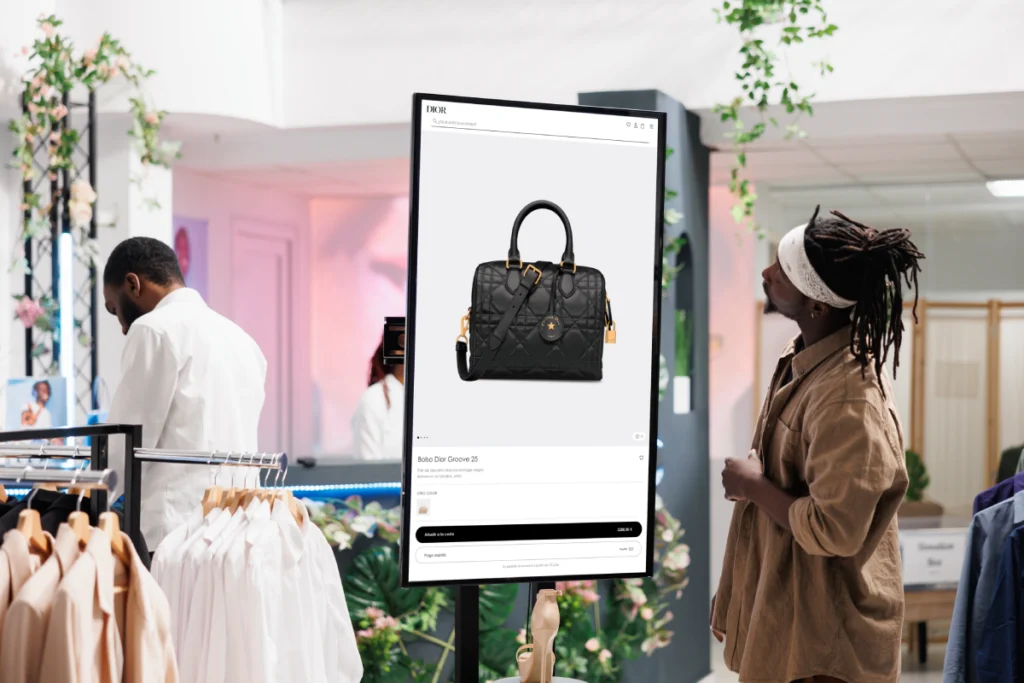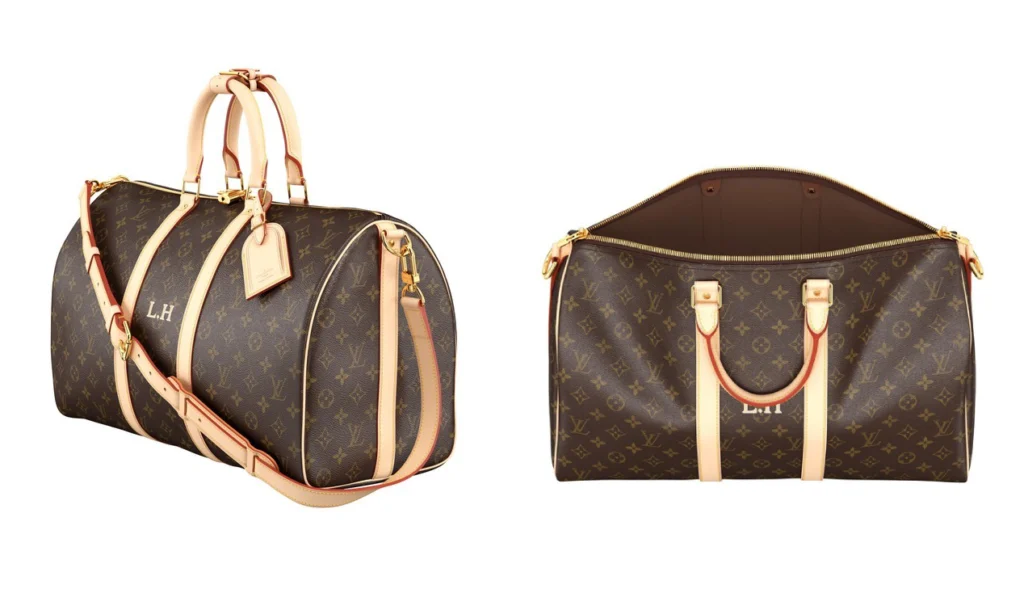Luxury brands adapt to globalization and digital trends by expanding into new markets, embracing e-commerce, emphasizing heritage through storytelling, and offering personalized, exclusive experiences to stay relevant and engage discerning consumers.

Introduction
Luxury brands have long been symbols of status, elegance, and exclusivity. From the opulent courts of European royalty to the red carpets of Hollywood, these brands have crafted an image of timeless allure. However, staying relevant in a rapidly changing world is a challenge. As consumer preferences evolve and new technologies emerge, luxury brands must innovate while maintaining their heritage. In this article, we explore how some of the world’s most prestigious luxury brands have adapted to remain at the forefront of the fashion and lifestyle industry.
The Impact of Globalization and Digital Transformation
The global market has significantly influenced luxury brands. With the advent of the internet and social media, these brands have gained unprecedented access to new audiences. Digital platforms have not only expanded their reach but also allowed for more personalized and direct engagement with consumers.

Expansion into Emerging Markets
Luxury brands are no longer confined to Western markets. The rise of affluent consumers in regions like Asia, the Middle East, and Africa has opened new opportunities. Brands like Louis Vuitton and Gucci have established a strong presence in these markets, tailoring their products and marketing strategies to suit local tastes and cultures.
Embracing E-commerce
Traditionally, luxury brands were hesitant to embrace e-commerce, fearing it would dilute their exclusivity. However, the shift towards online shopping has become inevitable. High-end brands now offer seamless online shopping experiences, complete with virtual consultations and personalized services. For instance, Burberry has been a pioneer in integrating digital and physical retail experiences, offering live-streamed fashion shows and online shopping events.

How Luxury Brands Adapt to Changing Consumer Behaviors
The modern luxury consumer is more informed and discerning than ever before. They seek not only quality and craftsmanship but also authenticity and transparency. Luxury brands are responding to these demands by emphasizing their heritage, values, and the stories behind their products.
Storytelling and Heritage
Consumers today value the history and craftsmanship behind luxury products. Brands like Hermès and Cartier leverage their rich histories through storytelling, showcasing the artisanship and legacy that define their products. This approach not only reinforces brand loyalty but also attracts new customers who appreciate the blend of tradition and innovation.
Personalization and Exclusivity
In an era of mass production, luxury consumers crave exclusivity. Brands are meeting this demand through personalized services and limited-edition products. For example, brands like Chanel offer bespoke tailoring and exclusive collections that are available only to a select clientele. This sense of exclusivity enhances the allure and desirability of their offerings.
